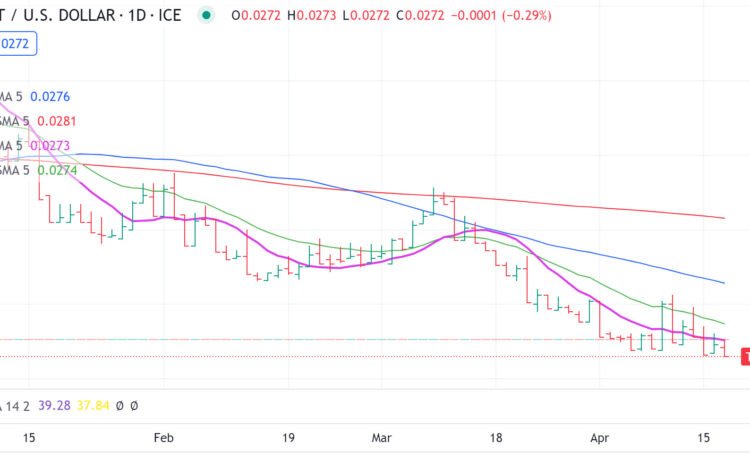Thai Baht Weakness: Understanding the Decline and Economic Implications
The Thai baht, Thailand’s national currency, has been on a downward trajectory, raising questions about the causes and potential repercussions for the Southeast Asian nation’s economy. This weakness poses challenges for investors, businesses, and policymakers alike. Let’s delve deeper into the factors driving this trend and its broader implications.
Recent Signs of the Baht’s Weakening
The baht has slumped to a 10-month low against the US dollar, signaling a significant loss of value.
The Stock Exchange of Thailand has experienced a substantial decline, mirroring broader economic concerns.
Bond yields in Thailand have surged, potentially reflecting investors’ growing wariness about the country’s fiscal outlook.
Key Factors Contributing to Thai Baht Weakness
Escalating Oil Prices: Global oil price hikes force importers reliant on oil to convert baht to US dollars to make purchases. This increased demand for dollars puts downward pressure on the baht.
Fiscal Apprehensions: The Thai government’s ambitious borrowing plans to fund various programs have fueled anxieties about the nation’s fiscal stability. This uncertainty makes the baht less appealing to some investors.
Robust US Economy: The US economy’s continued strength solidifies the dollar’s position as a safe-haven currency, attracting investors and consequently impacting the baht.
Widening Interest Rate Gap: The substantial difference between US and Thai interest rates incentivizes investors to seek higher returns in US markets, leading to capital outflows from Thailand and further weakening the baht.
Varying Perspectives on a Weakening Baht’s Impact
While a weaker baht theoretically makes Thai exports more price-competitive on the global stage and could potentially stimulate tourism, there are broader economic ramifications to consider.
Concerns about Inflation: A weaker baht means imports become more expensive, potentially driving up the costs of goods and contributing to inflationary pressures within Thailand.
Rising Borrowing Costs: Increased concern about Thailand’s fiscal position could lead to higher interest rates on government borrowing, placing additional strain on public finances.
Potential for Further Investor Uncertainty: If the factors contributing to the baht’s weakness intensify, it may erode investor confidence in the Thai economy, leading to further capital outflows.
The Evolving Situation
The Thai baht’s weakness results from a confluence of domestic and international economic factors. Close monitoring of how these factors develop is crucial for investors, businesses, and policymakers to understand the potential trajectory of the Thai economy.
The interplay of government policies, global oil markets, US economic performance, and interest rate differentials will continue to shape the Thai baht’s value in the months to come.






